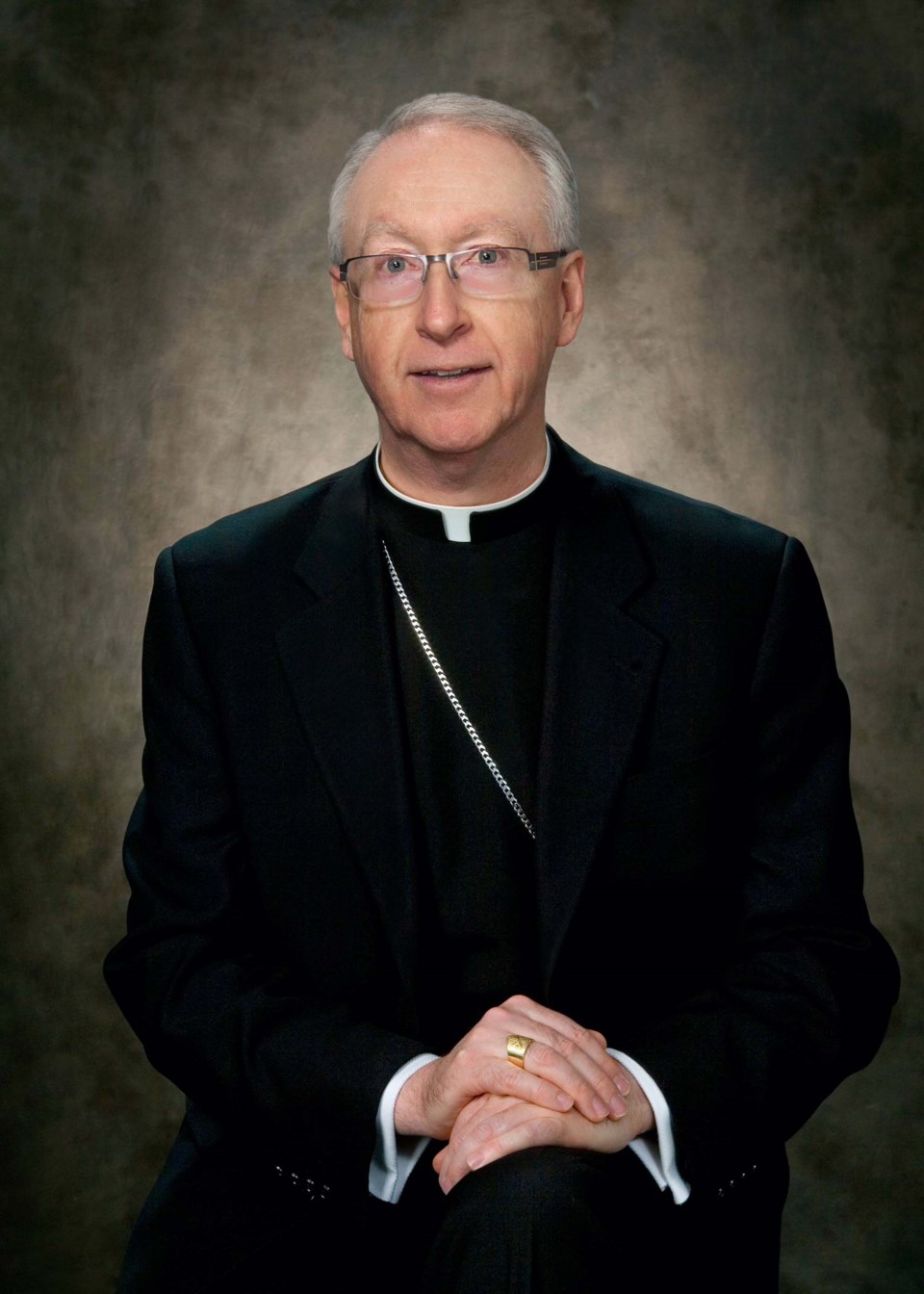Something meaningful. Something that offers healing. Something to help everyone move forward.
Those are just a few of the hopes that Edmonton’s Archbishop Richard Smith has for the outcome of the historic series of meetings that approximately 30 members of Canada’s Indigenous community will have with Pope Francis in Vatican City next week.
“Beyond that, I’m hopeful, too, about positive repercussions of something like this for our country generally and I think even also for the world,” Archbishop Smith said.
Hopes about the Pope offering an apology went without saying. The long-planned meeting will finally give Canada’s Indigenous citizens the chance to offer their thoughts and their memories of the residential school system to the head of the Roman Catholic Church. It was responsible for 82 of the 139 federally-supported residential schools that operated across Canada between 1828 and 1997.
Investigations at 16 former residential schools have revealed 2,084 unmarked grave sites of children while many other investigations are planned or are already underway.
The delegation consists of members of the Assembly of First Nations, Métis National Council, and Inuit Tapiriit Kanatami, as well as the Canadian Conference of Catholic Bishops. They will be joined by Elders, knowledge keepers, residential school survivors, and youths from across the country. Each group will have one hour to meet with the Pope from March 28 to April 1. These meetings are meant to build the framework for Pope Francis to eventually come to Canada.
Before that, he will meet with the delegation to hear their stories.
St. Albert's Gary Gagnon will be one of the Métis representatives. He, like the others, has hopes of his own. Outside of that, he stays close to prayer to not get too far ahead of himself.
"I'm always of the belief that we can do the footwork, but we don't have control of the outcome. We just don't know," he began.
"We're there and I think that's a heck of a start. I just keep giving it good energy and say, 'You know what? It's going to be a positive outcome. It has to be a positive outcome.'"
The meetings were originally scheduled for December 2021 but had to be postponed due to a new wave of the pandemic. The trip, Archbishop Smith indicated, was already years in the planning. Both the quick rescheduling and the amount of time allotted for the delegation's meetings were strong indications of the Pope's interest in making progress with Canada's Indigenous peoples. It's rare for a head of state to get even one hour with the Pope, Archbishop Smith noted, again hinting at his hopefulness.
"The encounter itself, I think, it's going to be a sign that, you know what, reconciliation is possible and here's how we do it. We sit down with one another; we encounter the other; we extend a hand in friendship, mutual respect, speaking honestly, truthfully to one another, openly," he continued.
"This is the way back to one another. It's the way forward for healing of relationships, which is really what we mean when we talk about reconciliation. This is at a time when the world needs to see that, and the world needs to hear it. So my hope is a broad one, too: that this will be a beacon of hope for everybody."



